Elephant rides
Today, more than 3,000 elephants are being used and abused to entertain tourists and visitors across Asia.
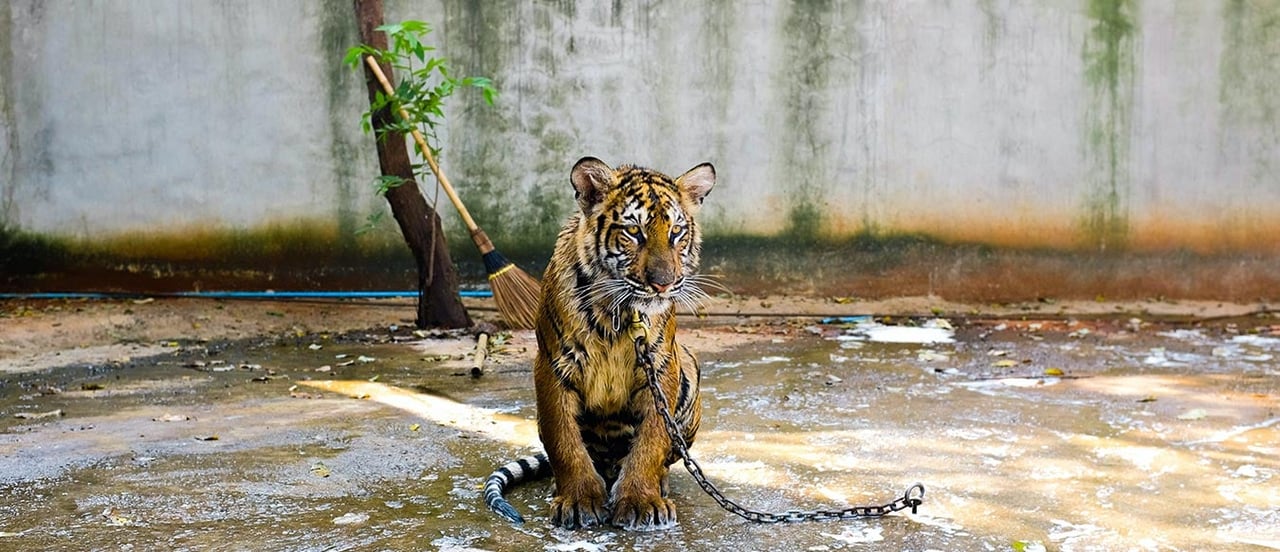
But one of the most significant barriers to this natural freedom is the global tourism and entertainment industry.
Across the globe, animals at wildlife tourism venues are forced to endure intense pain and mostly unseen suffering to entertain tourists and visitors on a daily basis.
Most people are oblivious to the horrific abuse that animals undergo to perform tourist activities because the keepers largely hide the pain and distress of the animals. As a result, they unwittingly fund cruelty by buying tickets to see animals at these venues.
It is estimated that 550,000 wild animals around the world are trapped and exploited in this cruel and relentless industry right now.
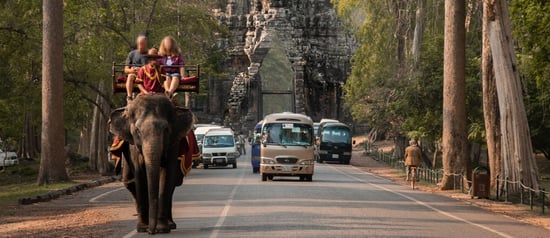
Today, more than 3,000 elephants are being used and abused to entertain tourists and visitors across Asia.
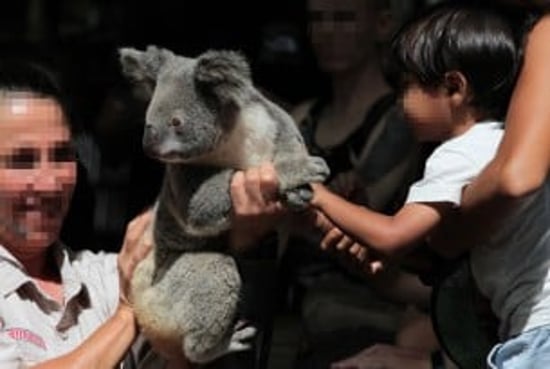
It may be tempting to take a photo with an animal. But that moment could cost them a lifetime of suffering.
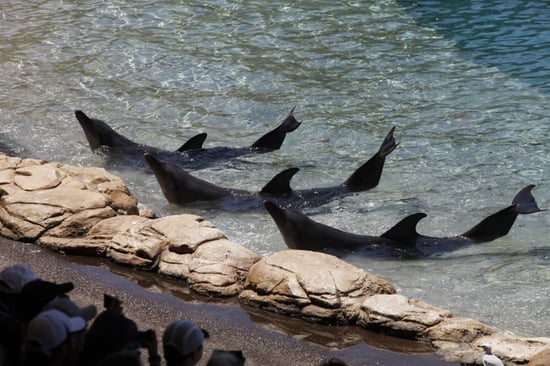
Around 550,000 wild animals are undergoing intense trauma in the name of tourist entertainment worldwide.
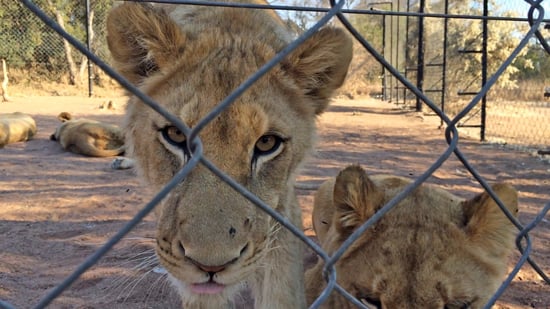
Using animals in sports often involves causing intentional harm and inflicting violence on these sentient beings.
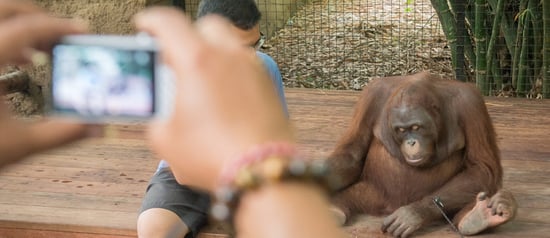
If a venue that houses wildlife allows you to ride, hug, cuddle or take a selfie with a wild animal, cruelty is surely involved.
Together, we can stop the demand for cruel wildlife tourism activities and put an end to the needless suffering of wild animals.
Elephants are chained, brutally beaten into submission, and abused to be ridden, washed and perform shows to entertain tourists. Tigers are confined to barren, and concrete cages, so tourists can take selfies with them. Lions are torn from their mothers for a lifetime of captivity, sometimes even before their first feed, to also cater to this cruel industry. Koalas are forced to ‘cuddle’ with tourists against their will. These are just a few of the thousands of heartbreaking instances of animal exploitation in the tourism industry.
Right now, you have the power to protect wild animals by choosing to only see them in the wild, where they can thrive. And with your support, we can continue to work towards ending the exploitation of wild animals for commercial gain and transform the global travel and tourism industry to protect wild animals.
One of our planet's most urgent issues is biodiversity loss, and the exploitation of wildlife in entertainment exacerbates this issue. The programme believes the power of communities can help to solve our planet’s most urgent issues. By coming together to reconnect with, protect and respect nature, Wildlife Heritage Areas can help turn the tide on biodiversity loss and wildlife suffering. Setting a new global benchmark for responsible wildlife tourism, supporting communities in their efforts to deliver better outcomes for animals and people in the places they call home.
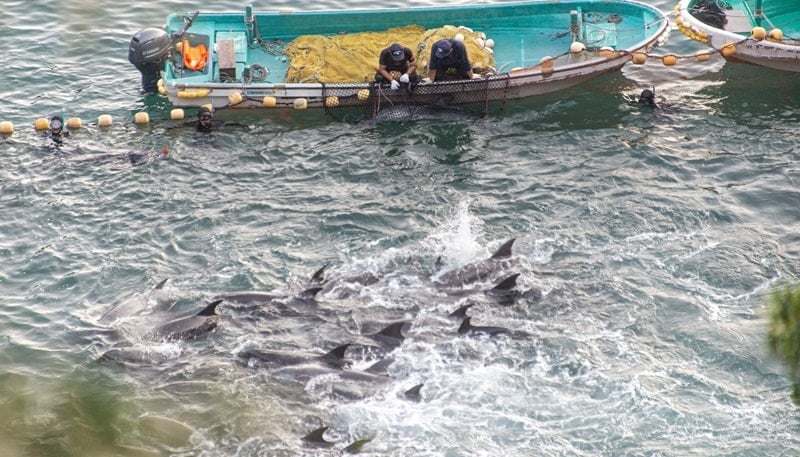
News
If you’re thinking of swimming with dolphins or watching a dolphin show, our report about the annual Taiji...
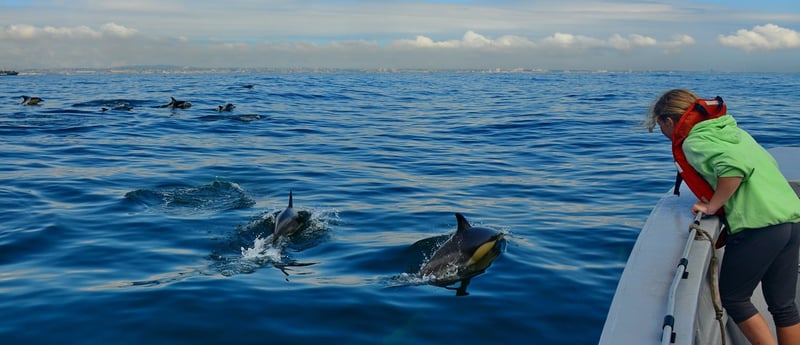
News
Looking to catch a glimpse of dolphins in the wild? Here are the top six places where you...
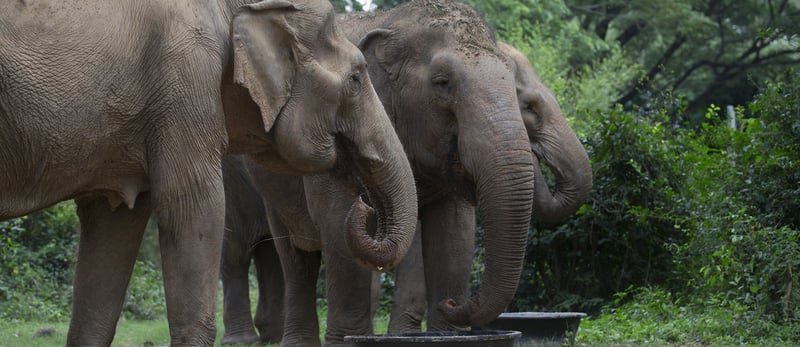
News
Thanks to you, our partners at Somboon Legacy Foundation rescued and welcomed a new member to their elephant...
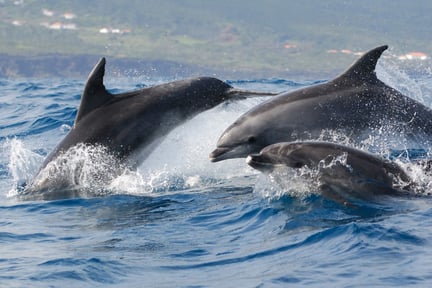
News
The New Year is a time to make changes, but resolutions can be very difficult to stick to....
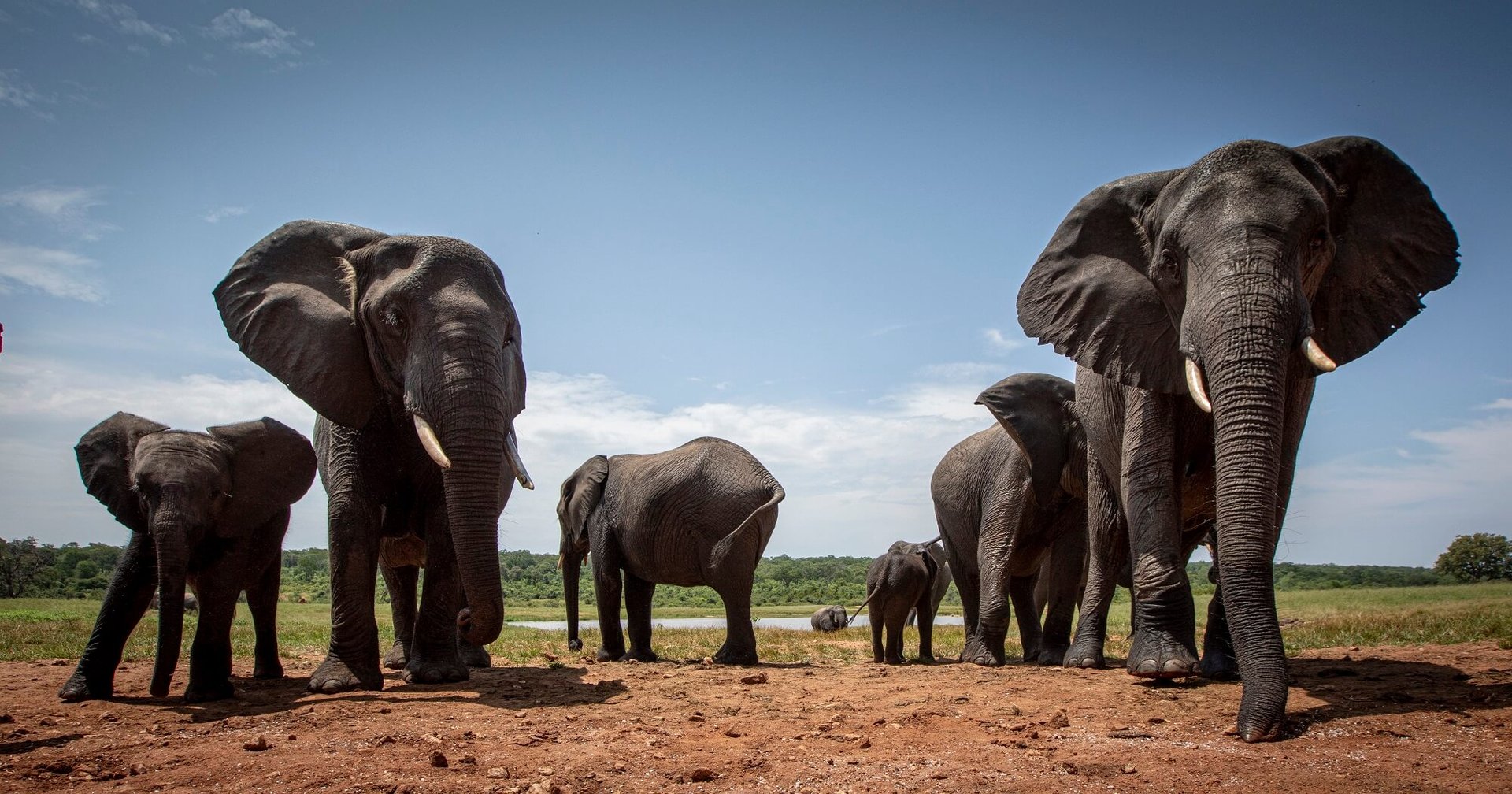
Join thousands of animal lovers fighting to protect wildlife and give farmed animals good lives. Sign up now to receive emails with all the ways you can help.
Sign up